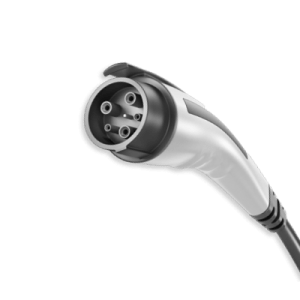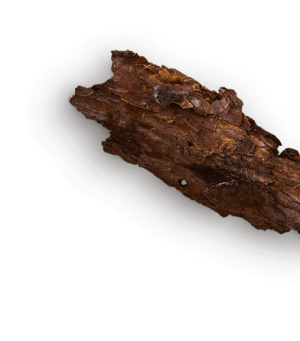Sustainability
How strong is the evidence?
Learn how to choose the strongest evidence to support scientific conclusions.

Overview
This activity has been designed to help your students select the best evidence to support scientific conclusions, a skill related to the Evaluation curricular competency. While this activity includes examples about electric cars, the criteria and thinking strategy can be easily adapted for other topics and concepts.
Instructions
What you'll need
- "How strong is the evidence?" handout, at least one per group
- "The costs of electric vehicles" handout, at least one per group
- "Evaluating the evidence" handout, at least one per group
- "Assessing my ability to evaluate the evidence" rubric, at least one per student
- Begin the activity by organizing your students into pairs and providing each group with at least one copy of the "How strong is the evidence?" handout. Review the camping scenario with your students and invite them to make a decision: How strong is the evidence that a sasquatch wrecked their campsite?
- Prompt groups to note the evidence that they would expect to see in each area if a sasquatch had wrecked their campsite.
- Invite groups to share the evidence that they would expect to see with the class. As they share, ask them to decide how well the actual evidence support the conclusion that a sasquatch had wrecked their campsite.
- As groups share their decisions and reasons, use their thinking to co-develop or present criteria for evaluating the strength of evidence. We can judge the strength of evidence by evaluating:
- Accuracy: is the evidence correct in all details?
- Relevant: does the evidence closely match the main idea of the conclusion?
- Specific: does the evidence include detailed information or examples?
- Encourage groups to use the criteria to assess the actual evidence used to support the conclusion that a sasquatch had wrecked their campsite. If the evidence does not support the conclusion, what animal was most likely responsible for wrecking their campsite?
- Briefly explain that these criteria can be used to evaluate evidence to support any conclusion in science or in other subjects.
- Now provide each group with at least one copy of "Evaluating the evidence" handout. Ask groups to first note what evidence they would expect would be used to support the conclusion that electric vehicles are an affordable form of transportation.
- Now provide each group with at least one copy of "The costs of electric vehicles" handout. Prompt groups to note any pieces of evidence that are used to support the conclusion that electric vehicles are an affordable form of transportation. Guide students in using the rating scales in the right-hand column to evaluate each piece of evidence.
- After groups have rated at least three pieces of evidence, ask them to give an overall rating of how well the evidence supports the conclusion. Remind groups to use the criteria to guide their decision making.
- Conclude the activity by asking students to suggest other situations where rating evidence might be important. Encourage students to use a blank version of the rating scales to help guide their thinking.
Curriculum Fit
Grade 5, 6 Science
Curricular competency
Evaluating
- Demonstrate an understanding and appreciation of evidence
Assessments
- Invite each student to complete a copy of the "Assessing my ability to evaluate the evidence" rubric.
- Evaluate students’ ability to:
- Identify all the evidence associated with a conclusion.
- Use criteria to evaluate the evidence used to support a conclusion








